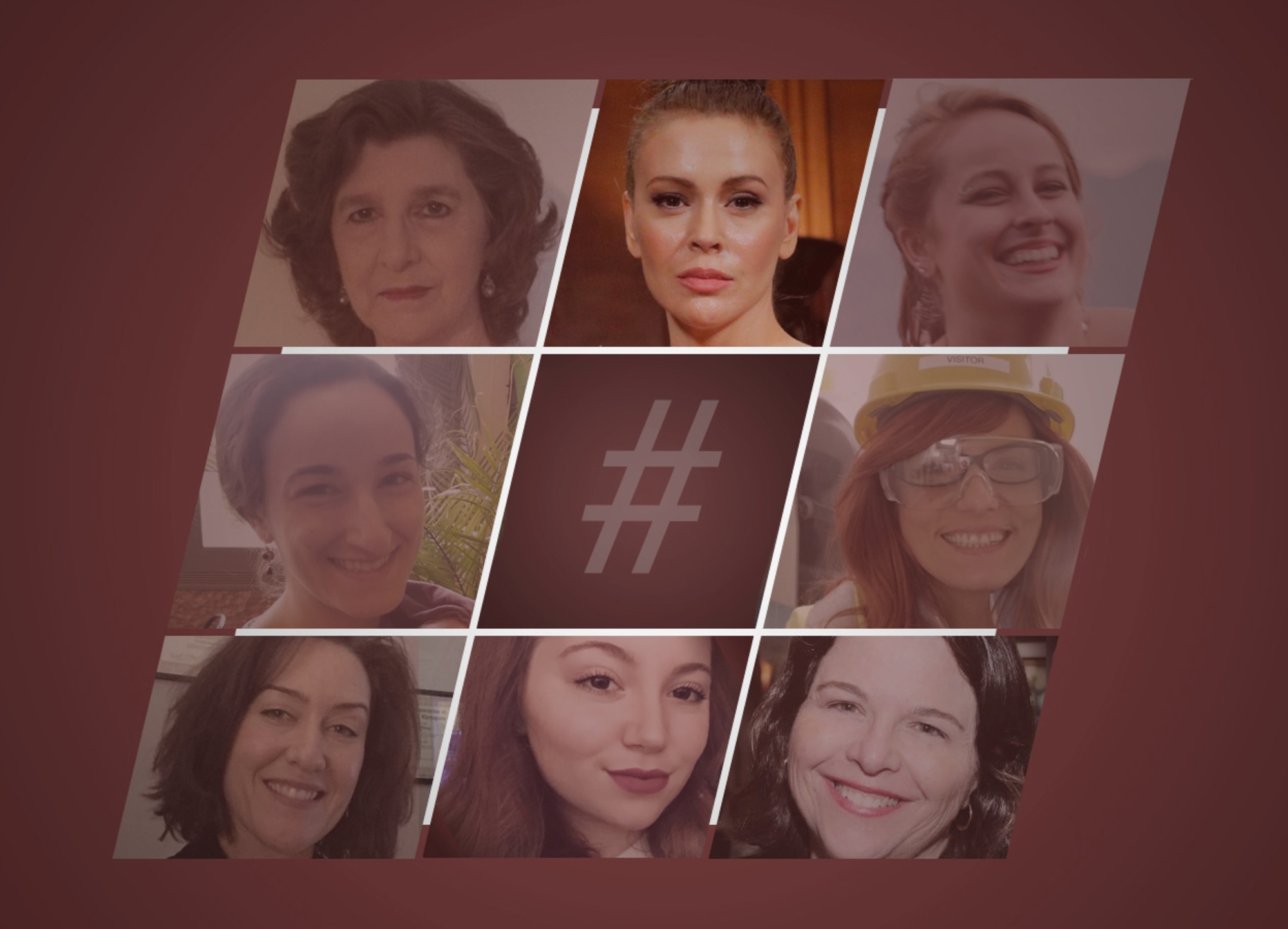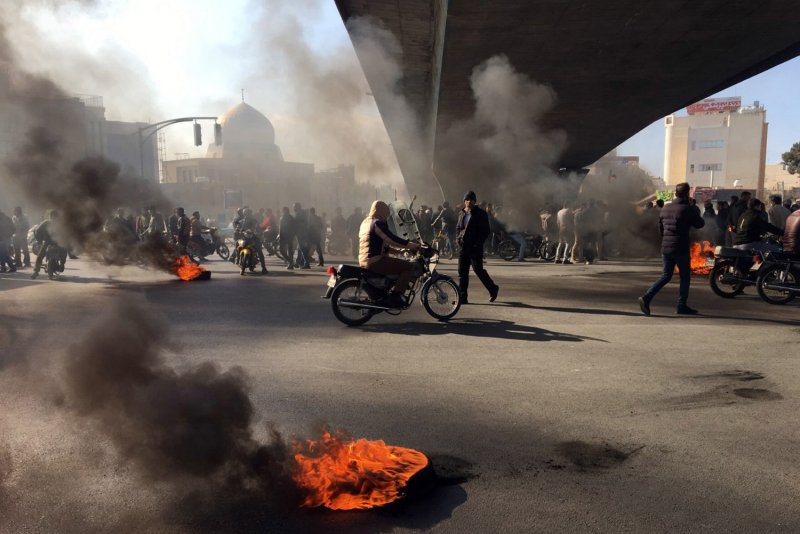Amir Ghorbani
Protecting the Right to Protest Online: The Freedom to Assemble Online
The International Covenant on Civil and Political Rights (ICCPR) is an international human rights treaty. The ICCPR was ratified on 16 December 1966 and came into effect on 23 March 1976. Since then the majority of the world’s countries have signed onto it. The treaty creates rules that member countries are required to follow to protect the civil and political rights of individuals. The ICCPR also establishes the UN Human Rights Committee which has the responsibility of interpreting it and monitoring state compliance. Currently, the Committee is in the midst of drafting General Comment 37, a document which will outline how the Committee interprets article 21 of the ICCPR.
Article 21 of the ICCPR requires that states respect, protect, and fulfill the right to freedom of assembly. Freedom of assembly is a political right, protected due to its importance to the democratic process.[1] Assemblies allow individuals and groups to discuss ideas and express their opinions, air their grievances and aspirations, influence states’ public policy, and consequently advance their personal and social development.[2] Freedom of assembly is particularly important to minorities and disadvantaged groups who are not able to access other means of reaching the public with their opinions and ideas.[3]
The ICCPR was drafted in the last century, so it does not consider how internet would affect peaceful assemblies. Access to the internet allows large groups of people to communicate with each other and create assemblies across geographic barriers. As such, internet has become a crucial part of exercising free assembly rights. In the past few years, UN bodies such as the General Assembly and the Human Rights Council as well as the Special Rapporteur on the rights to freedom of peaceful assembly and of association have called for providing full protection to individuals’ online assembly rights.[4]
The #MeToo movement is a good example of an online assembly where thousands of individuals came together on Twitter and other social media platforms in support of an idea. They intended to create public discourse over the issue of sexual harassment and advocate for change. The space chosen for this assembly, initially Twitter and later other platforms, allowed individuals to share their stories, speak about their ideas, seek personal and social development, and express their desire for change.

Credit: Photo illustration by Matt Nighswander/NBC News
Protecting online assemblies would require that countries not interfere when individuals organize an assembly using the internet. For example, if someone is using Facebook, Twitter, a personal blog, or mailing list to organize an assembly, the state should not interfere with that individual unless they are inciting others to violence. Furthermore, states should protect individuals’ right to hold their assemblies “within sight and sound” of their target audience. In the physical world, assemblies held in remote or inaccessible areas cannot achieve their goals of expressing and discussing ideas or airing grievances. Therefore, individuals have the right to assemble in public spaces such as streets, and states have the obligation to facilitate the exercise of assembly rights in public spaces. In the online world, the sight and sound principle protects the right of online assembly participants to reach their target audience. For example, states that comply with ICCPR would bar technology companies such as Facebook and Google from using their influence to silence or muffle assemblies that occur on their platforms.
Because the of internet’s widespread influence, online activities are becoming more and more important for the organization and conduct of assemblies every year. Yet, violations of the right to online assembly are widespread and rarely commented on. In 2018, there were 196 documented internet shutdowns in 25 countries worldwide. These shutdowns often occur in times of political or economic upheaval, where people are assembling or trying to do so. The shutdowns prevent assemblies or the exchange of information and unnecessarily endanger assembly participants. For example, In Iran, when protesters took to the street in opposition to a hike in the price of gasoline in November 2019, the state cut off internet connections and plunged the country into an internet blackout that lasted for five days. During this blackout period, peaceful protests were violently suppressed, and the internet blackout made it difficult for protesters to coordinate their actions or protect themselves. Amnesty International reported 304 dead as a result of state actions.

Credit: EPA-EFE
To advocate for the right to freely assemble online, the International Justice and Human Rights Clinic (IJHR) will be commenting on the current draft of General Comment 37 and providing recommendations to the UN Human Rights Committee to better protect online assembly rights. IJHR’s proposed changes would expand the scope of protections provided to online assemblies and ensure that individuals are able to choose the most effective venues, physical or digital, for their assemblies.
[1] Manfred Nowak, U.N. Covenant on Civil and Political Rights: CCPR Commentary, 2nd revised ed (Germany: N.P. Engel, 2005) [Nowak] at 481.
[2] Sarah Knuckey et al, “Suppressing Protest: Human Rights Violations in the U.S. Response to Occupy Wall Street” (25 July 2012), online (pdf): Protest and Assembly Rights Project <http://hrp.law.harvard.edu/wp-content/uploads/2013/06/suppressing-protest-2.pdf> [https://perma.cc/7E49-JFTH] [Knuckey] at 47; Maina Kiai, Report of the Special Rapporteur on the rights to freedom of peaceful assembly and of association, UNHRCOR, 26th Sess, A/HRC/26/29 (2012) [Kiai] at para 25.
[3] Tsega Andualem Gelaye, Reclaiming the Right to Freedom of Assembly in Ethiopia: A Comparative Study on the UN Human Rights System and Kenya (LLM, Central European University, 2016) [unpublished] [Gelaye] at 10.
[4] Clément Nyaletsossi Voule, Report of the Special Rapporteur on the rights to freedom of peaceful assembly and of association, UNHRCOR, 41st Sess, UN Doc A/HRC/41/41 (2019) [Voule] at para 10
Amir Ghorbani is a second-year student at the Peter A. Allard School of Law. As a clinician in the International Justice and Human Rights Clinic, he is currently supporting the United Nations Human Rights Committee on a wide range of issues.